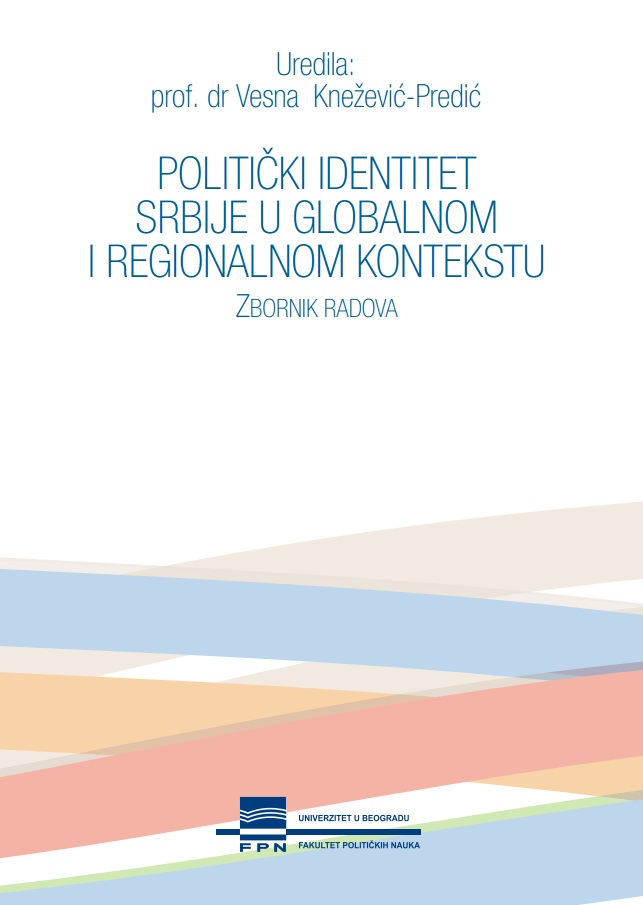Da li će građansko novinarstvo zameniti profesionalno?
Will Citizen Journalism Replace Professional Journalism?
Author(s): Miroljub Radojković
Subject(s): Media studies, Theory of Communication
Published by: Fakultet političkih nauka Univerziteta u Beogradu
Keywords: Internet; public communication; journalism profession; citizen journalism
Summary/Abstract: Information and communication technology is causing substancial social changes. One of them is evaporation of professions centered on collecting, saving and disseminating information. These activities are faster and more reliable by the use of IC technology networked into Web 2.0 making men power obsolete. Since the most practiced communication on the internet is conversation, which Castells (2014) calls mass self-communication, the profession of journalism is threaten too. Hand in hand with the media, journalists were privileged to collect, gate keep and publish information of public interest in XX century. Using the digital gadgets citizens of today can, by their own choice, discover, share and publish information which in many cases was neglected by professional journalists. In the same way citizens are able to criticize, supplement and deconstruct information produced by the media and their staff. Therefore, a myth of internet as a technology of freedom of communication rose. At the same time, grows a worry that citizens participating into amateur journalism will make journalism profession disappear. Citizen’s activism in public communication is well established fact. Theory was able to map those practices as: 1) public journalism; 2) participative journalism; 3) interactive journalism and 4) blogosphere. Taken together, these activities are put under the common denominator – „citizen journalism“. Therefore it is important to analyze its advantages and disadvantages in order to give a true prognosis about the future of professional journalism. Because of social changes in information society the general trust in media and journalists decreases all around the world. People have realized that professional journalists are under the pressure of various power centers and believe that only citizen journalists are able to publish information independently. They are free to communicate news and comments regardless if power centers agree or not. Therefore, blogs, forums and discussions on social networks replace mass media use on the mass scale. However, there is far less attentions paid to the risks of citizen journalism visible till now as well. Those are: anonymity of senders, direction to the private interests, plagiarism, deleting and changing of the posts published before, absence of the accountability for the public word, ignoring of ethic and hidden financing. In the long term these bad facets of citizen journalism could bring about the loss of its credibility too. Paradoxically, as more and more citizens will be realizing these shortcomings, mainly by personal experience, they could make a rational choice. They could turn back to the professional journalists and their institutions. If so happens, the profession of journalism will survive
Book: Politički identitet Srbije u globalnom i regionalnom kontekstu
- Page Range: 305-314
- Page Count: 10
- Publication Year: 2015
- Language: Serbian
- Content File-PDF

